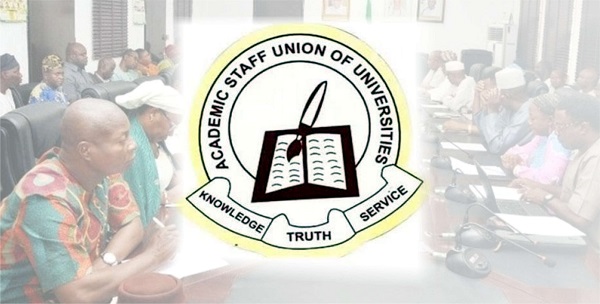The exodus of Nigerians to other countries in search of better opportunities has sparked a discussion about the implications and potential advantages of this trend.
Peter Obi, the Labour Party presidential candidate in the February 25 election, recently voiced his belief that Nigeria stands to benefit from the rising number of Nigerians emigrating.
The phenomenon, known as ‘Japa,’ is characterized by individuals fleeing the country in pursuit of greener pastures. Obi’s viewpoint aligns with Microsoft co-founder and philanthropist Bill Gates, who also expressed the notion that the ‘japa syndrome’ can be positive for Nigeria.
Bill Gates, during an interactive session on ‘Advancing Africa: Unleashing the Power of Youth in Science and Innovation’ held in Lagos State, endorsed the idea that the departure of Nigerian professionals could be advantageous for the country.
Gates explained that a significant diaspora, including individuals who eventually return to Nigeria, can contribute positively to the nation’s business and government sectors. He acknowledged the benefits of professionals gaining valuable experience and resources abroad, which can then be leveraged to enhance various fields in Nigeria, such as computer science, health, and business.
Peter Obi echoed Gates’ sentiments, emphasizing that the brain drain experienced today can ultimately become a brain gain in the future.
In a series of tweets, Obi commended Gates’ comments and reiterated his belief that the knowledge and resources brought back by Nigerians from abroad would play a crucial role in building a better Nigeria. Drawing parallels with countries like India and China, Obi highlighted the positive outcomes achieved when diasporas contribute to the development and growth of their home countries.
Obi’s position reflects a long-held conviction that he expressed during his presidential campaign. He stressed the need for Nigeria to prioritize investment in education, healthcare, small businesses, and the rule of law.
By establishing a New Nigeria that addresses these crucial aspects, Obi believes that the diasporan Nigerians will be motivated to return and make significant contributions to the nation’s progress, as witnessed in other developing countries.
The discussion surrounding the exodus of Nigerian professionals underscores the importance of creating an enabling environment within the country, one that attracts and retains talent while fostering growth and development.
While the current loss of skilled individuals may be perceived as a setback, it is an opportunity for Nigeria to address systemic issues and implement policies that incentivize the return of its diaspora. As the nation strives for a brighter future, the contributions of its global talents will undoubtedly play a pivotal role in building the New Nigeria—a nation of prosperity, unity, and limitless possibilities.














